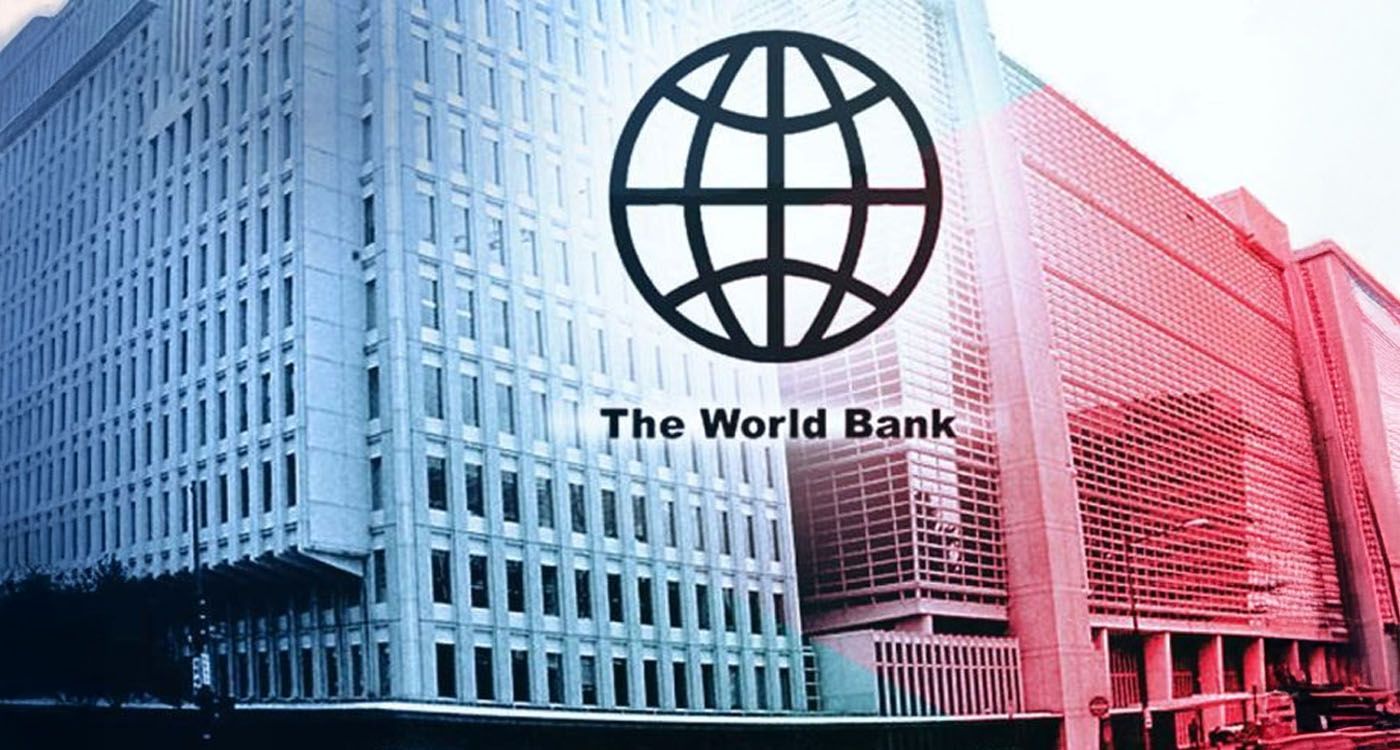
The World Bank forecasts real GDP growth of 4.7% for Lebanon in 2025, driven by a recovery in tourism, moderate growth in consumption and the beginnings of renewed confidence, despite persistently weak private investment. This hoped-for rebound is based on the implementation of a one-year multisectoral action plan designed to accelerate long-awaited economic and institutional reforms.
According to the Spring 2025 edition of the Lebanon Economic Monitor, entitled “Change of Course?,” this growth comes after a cumulative GDP collapse of around 40% since 2019. In 2024, the contraction in GDP was more severe than expected, reaching -7.1%, compared with -5.7% estimated last fall.
The World Bank also expects inflation to fall to 15.2% in 2025, provided that the exchange rate remains stable and global inflation continues to moderate. A balanced public budget for 2025 and improved tax revenues could allow for a slight increase in essential public spending. Nevertheless, public finances remain under pressure and require fundamental structural reforms to ensure their sustainability.
“Recent political developments have reignited momentum and offer an opportunity to address the root causes of Lebanon's crises,” said Jean-Christophe Carret, World Bank Regional Director for the Middle East. “Concrete, high-impact measures can help Lebanon break the deadlock.”
The report warns of the potential impact of growing uncertainties in global trade. Although Lebanese exports to its main markets account for only 4% of total exports, the indirect effects on inflation, investment and global activity are more difficult to anticipate.
A special chapter of the report explores in depth inflationary dynamics and the evolution of the real effective exchange rate. It finds that while Lebanon previously followed global inflationary trends, the sharp depreciation of the Lebanese pound since 2019 has become the main driver of inflation. Widespread dollarization and exchange rate stabilization could bring inflation back to levels close to those seen before the crisis, although it is likely to remain above the global average due to internal factors.
The report presents a one-year action plan based on the World Bank Group's engagement in Lebanon over the past two decades. It consists of a set of concrete, effective, and short-term measures aligned with the priorities set by the authorities. Its main focus is on macroeconomic and fiscal stabilization, restoring public confidence and laying the foundations for a sustainable economic model.
In short, despite persistent political fragility and an unresolved financial crisis, Lebanon is seeing a glimmer of hope. If this roadmap is implemented quickly and effectively, it could finally mark a turning point after years of stagnation.



Comments